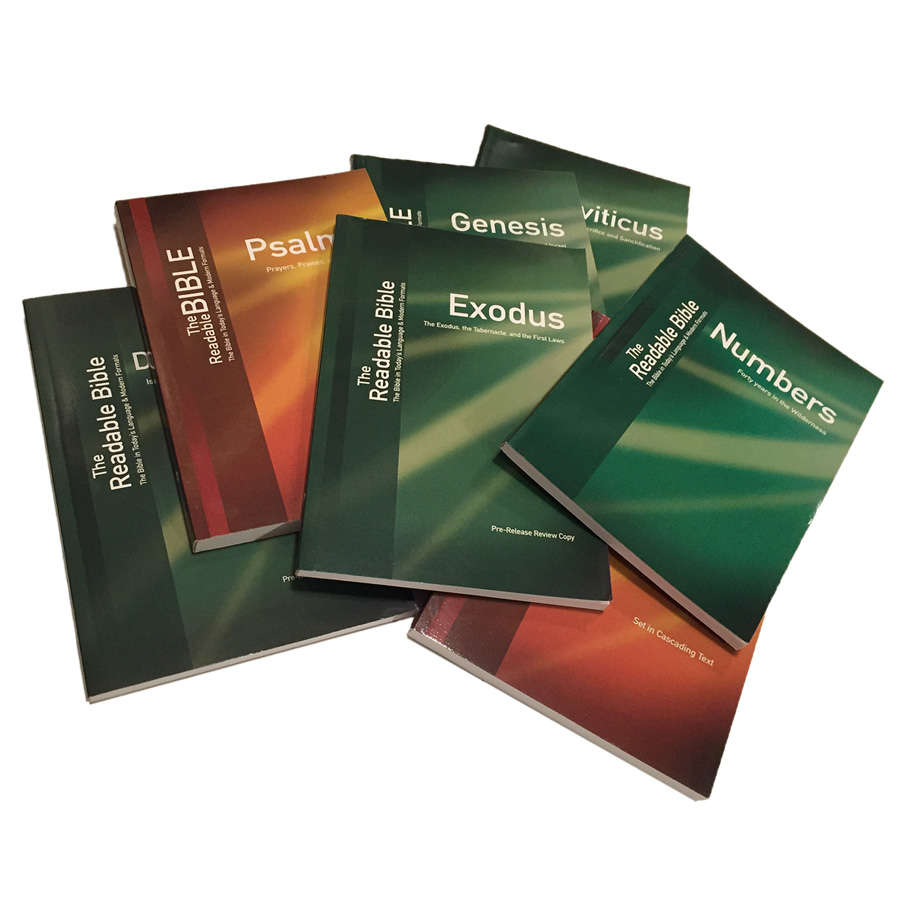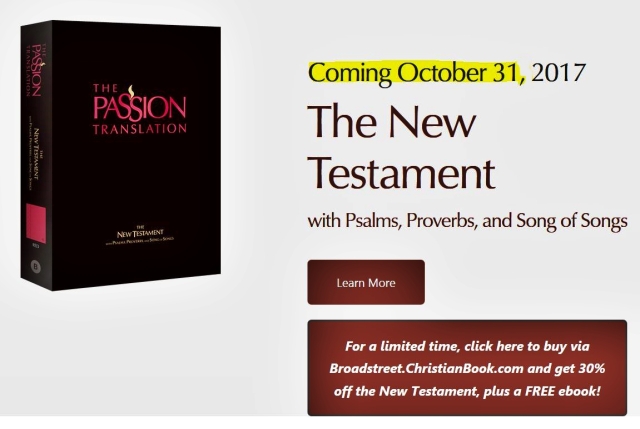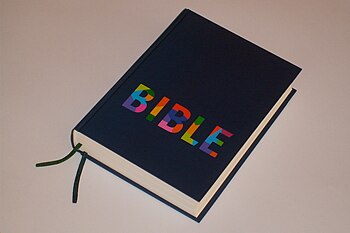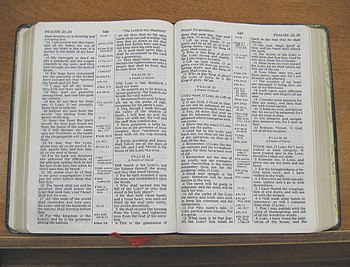Publishers have tackled the problem by moving further and further from the text — from literal translation (KJV, NASB, ESV), to thought for-thought translation (NIV), to paraphrase (TLB, NLT), to loose paraphrase (The Message), which often leaves the reader with little idea what the biblical text actually says.
The Readable Bible wants to reverse this trend. It presents the literal text, but does so using modern formats. The result is a literal translation that is as easy to read as a paraphrase.
In 2008 Rod Lauglin decided to create a new Bible translation that presents the original text and uses modern formatting to make it clear and easy to grasp. His primary work for the past eight years has been developing and translating The Readable Bible.
When you know that there are about 120 English translations of the complete Bible and that only about 15 of those were translated by a single person, which may have brought certain people to act negatively or to look pre-cautious at that translation. You may doubt in the possibility that one person looked at every word in the original language and made the English text decision, but it is a reality and for that person an immense task. In addition, there are an additional 300 translations of significant portions of the Bible into English.
The author has observed two things.
First, just because a translation comes from a committee does not mean it is better, best or correct! There have been instances when committees were divided on the best translation to render. Compromises are made (“your way here, mine there”), and sometimes the chairperson breaks the tie. Being human, there are those with more sway than others. The perfect is never the result whether the work is done by one or many.
Second, committees are not prone to take risks. They are not spending their own money, and they have responsibilities to the publisher and/or owner of the resulting text. An individual has a one-on-one relationship with God, a calling from Him and (hopefully) is willing to abandon all, follow the leading of the Holy Spirit and please his Father and Savior. What looks like a fool’s journey to others is simple obedience by the one called.
Since 1850 over a dozen new Bible formats have been developed. the makers of the Readable bible think that using modern formats shall make it easier for people to read, comprehend, and remember Scripture. Therefore the Readable Bible maintains the integrity of the literal text but places it in easy-to-read formats, and thinks it's the best of both worlds! so it offers genealogical trees, maps of the journeys and battles of the kingdoms, census numbers are presented in census tables, Law code is presented in outline format as in modern law books.Also the text format is presented like it would be presented in our daily publications, poetry and theological passages are presented in cascading text, digressions in the text are separated by callouts so readers can easily see where the digression begins and ends.
The publishers also want to give Callouts and footnotes:
- Define words that are used in the Bible and not used in secular life (for example, Urim and Thummim).
- Define words that are common, but commonly misunderstood.
- Provide insights into ancient culture and historical context.
- Provide a literal translation whenever a thought-for-thought translation is given.
The first release will be a standard 6” x 9” Bible available in two editions:
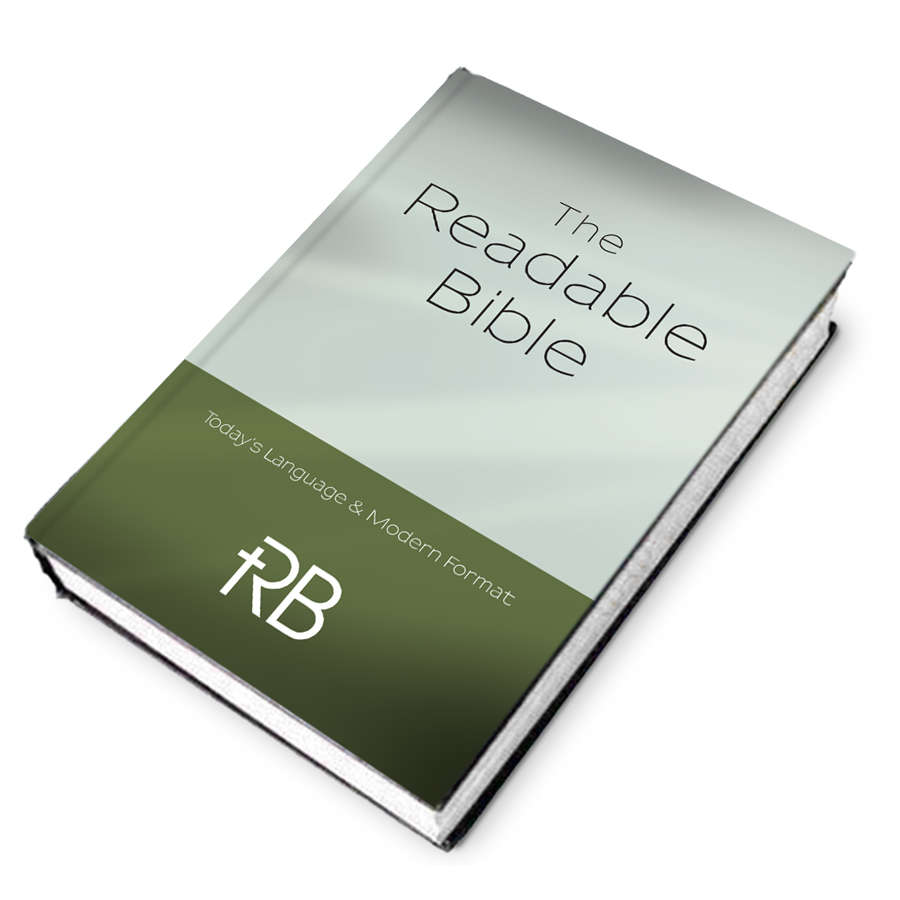

- Fully Annotated Edition – with over 10,000 notes providing background information, cross-references, alternate and literal translations.
- Standard Edition – with footnotes limited to those that provide background information, definitions of words not used in secular conversation, and definitions of words whose biblical meaning differs from secular usage.
- Available in 2020.
